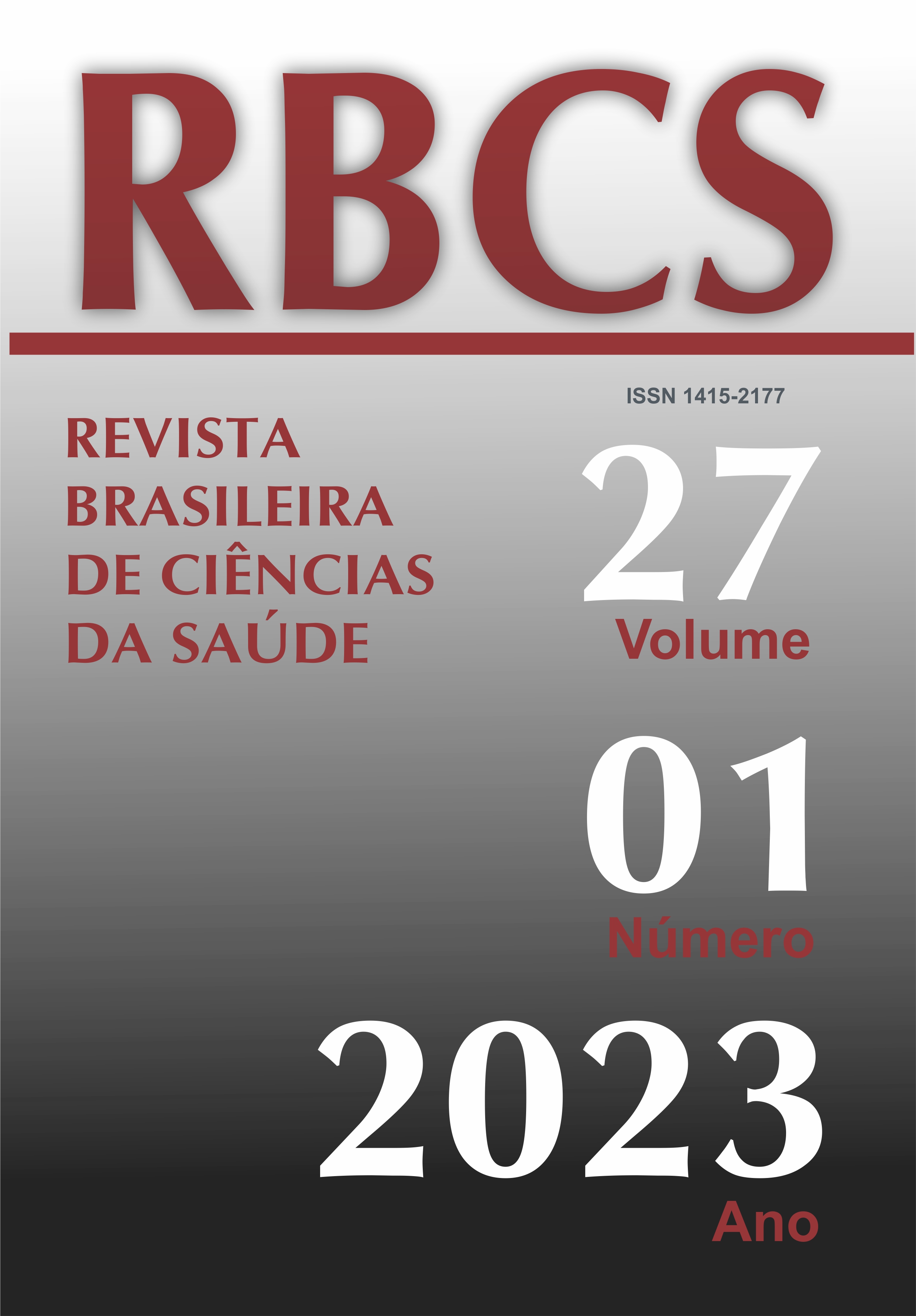Nutritional Prolife and Food Consumption of Risk and Protection for Noncommunicable Diseases: A Study in College from Health Courses
Fatores nutricionais e de risco para DCNT
DOI:
https://doi.org/10.22478/ufpb.2317-6032.2023v27n01.62653Keywords:
Anthropometry. Food Consumption. Students of Health Sciences.Abstract
Objective: Evaluate the nutritional profile and dietary intake of risk and protection for noncommunicable diseases in college from health courses. Methodology: Cross-sectional study involving 126 university students of health courses in Centro Acadêmico de Vitória - UFPE, of both sexes and 18 years older. In this search sociodemographic, anthropometric, lifestyle and dietary intake information were obtained. Dietary intake was assessed by a food frequency questionnaire with measurement converted into scores. Results: The sample analyzed, the majority presented normal nutritional status (69,8% normal weight, 8,7% were underweight, 17,5% overweight, obesity 4%), however it was evidenced a high level of inactivity among students. Scores on protective and risk foods consumption for chronic noncommunicable diseases showed a trend to higher consumption of food protection (p= 0,251). Conclusion: Although the university demonstrated an adequate nutritional status, it was observed that the consumption of foods considered protective for chronic diseases, was not a significant finding in this study. There is a need to adopt health programs at the university, in order to encourage regular physical activity and good eating habits.


